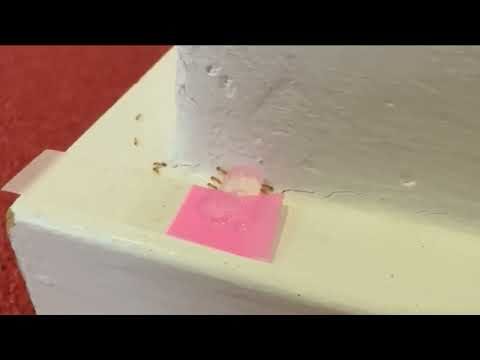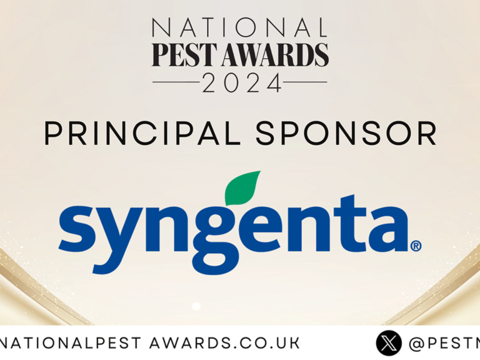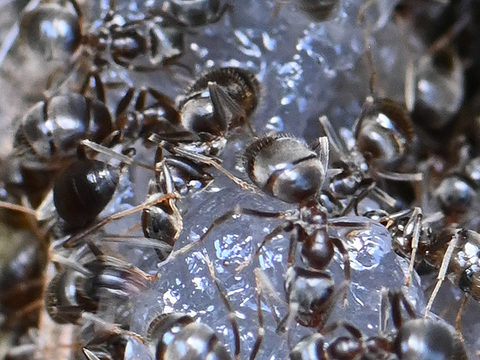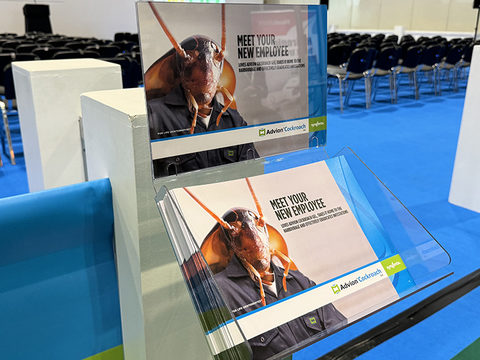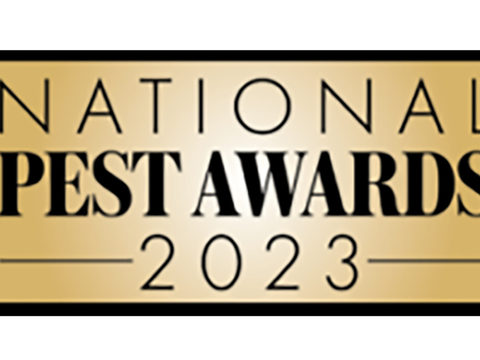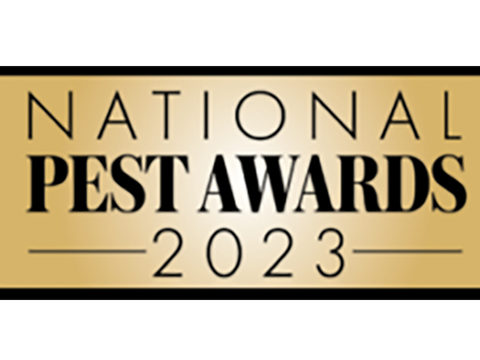Multiple points to hit pharaoh ant infestation
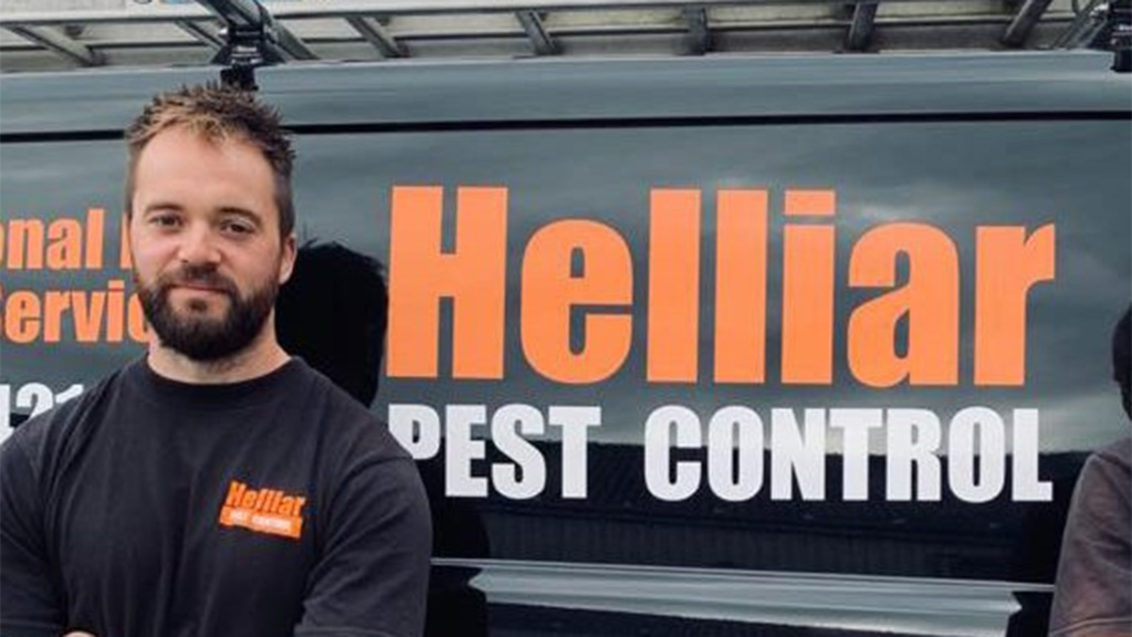
Pharoah ants often prove the most problematic of the ant species for pest controllers to achieve reliable results.
Western counties specialist, Ashley Helliar, Operations Director of family-owned Helliar Pest Control based in Yeovil, faced a mammoth task when called in to tackle an infestation across an accommodation block with 320 rooms spread across four floors, most of which showed signs of pharaoh ant activity.
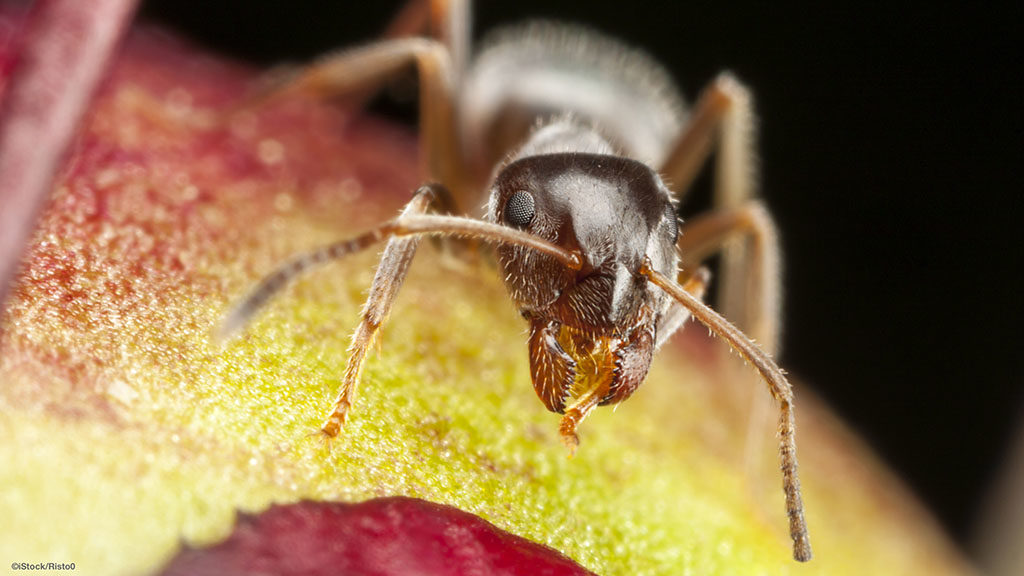
Tenants within the block had already tried using a crawling insect spray but, as is so often the case with pharaoh ants, had simply succeeded in splintering colonies and resulted in far more widespread infestation across all floors of the block. Warm conditions within some 700 service cupboards throughout the building provided an ideal harbourage for the pharaohs.
Find out about Advion palatability
Ashley reported a previous company’s strategy had used a dry bait methoprene, but had failed to make any significant impact on the pest population. On closer inspection, the ants appeared to have taken the bait and made stores, without actually consuming it.
Recognising the need for a different approach, in consultation with Tim Bloomer of Killgerm, Ashley opted to target the whole building from the outset with Advion Ant gel bait. That involved the placing of over 2000 bait points.
“The uptake was extremely quick – within minutes of the gel being down on each floor the pharaoh ants were taking it, which in my experience is quite unusual,” outlined Ashley.
“By the time we had finished the application, the ants were out feeding on the first bait points. This was the case across the majority of the building.”
Ant bait points
He made up the bait points on visible orange and pink stickers throughout each floor of the building, so they could be easily lifted and removed at the end of the treatment.
As only 5 to 10% of a colony’s worker pharaoh ants are typically foraging, having sufficient bait points available to target the whole nest – which could be up to 150,000 at differing life-cycle stages – is important.
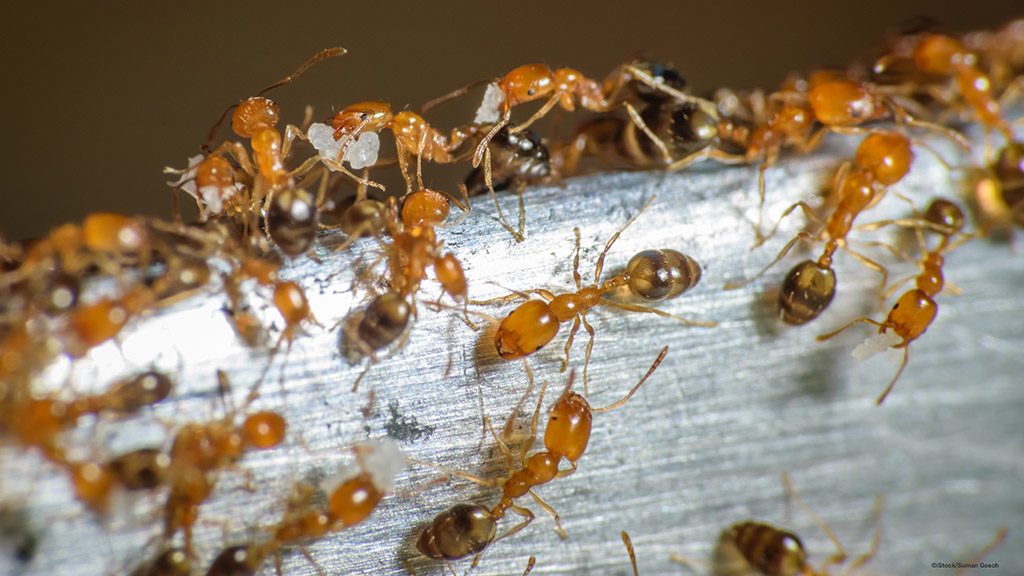
Ashley added the application process to create the bait points was very precise, which was important to avoid waste and prove economic on such a huge undertaking.
Rapid control of ants
With such a large property to treat in one go, the advice would be to start laying bait points around the perimeter, or outer rooms, and work in concentric circles into the centre, to avoid further spreading the infestation. Importantly, with access to all the properties within the block, the Helliar team were able to ensure no untreated pockets were left within the building.
“The results were very quick to take effect,” he recalled.
“Within three weeks we had achieved control across the whole building, much to the delight of the customer and all the occupiers.” Ongoing monitoring of the site on a weekly basis had revealed no further activity.
With each pharaoh ant colony typically having several queens all active and laying at the same time, having a bait that workers can readily carry back to the nest and feed is especially important.
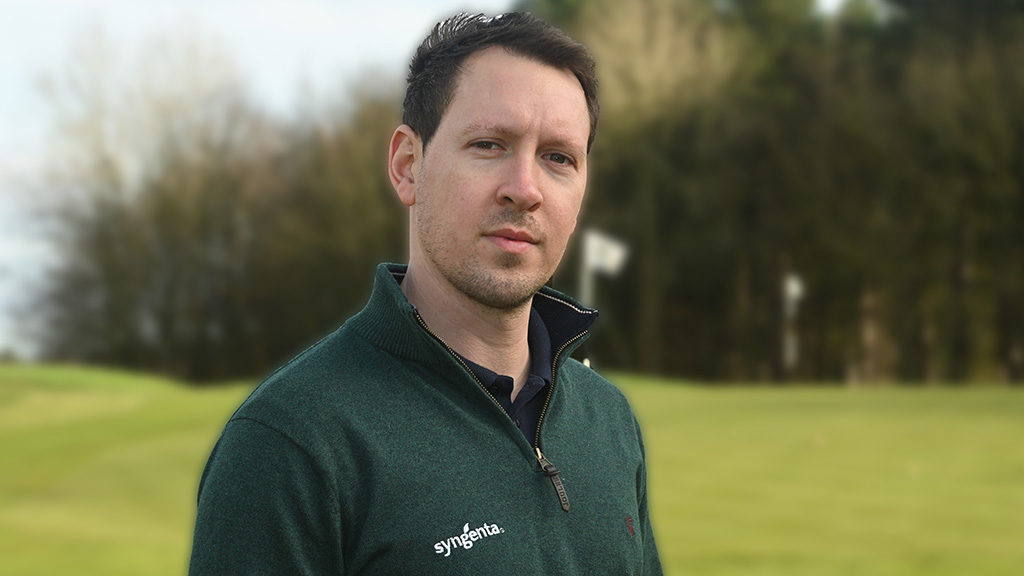
Syngenta Technical Manager, Sean Loakes, highlighted that when foraging ants consume Advion Ant gel it doesn’t take immediate effect, but enables them to take it back to the colony in their social stomachs to share with others in the nest – including feeding the queens.
How bio-activation works
“Only once the ingested active ingredient, indoxacarb, gets into the ant’s digestive tract is it actually converted by enzymes into a toxic insecticide – a process of metabolic bio-activation; at that stage it is lethal to ants,” he advised.
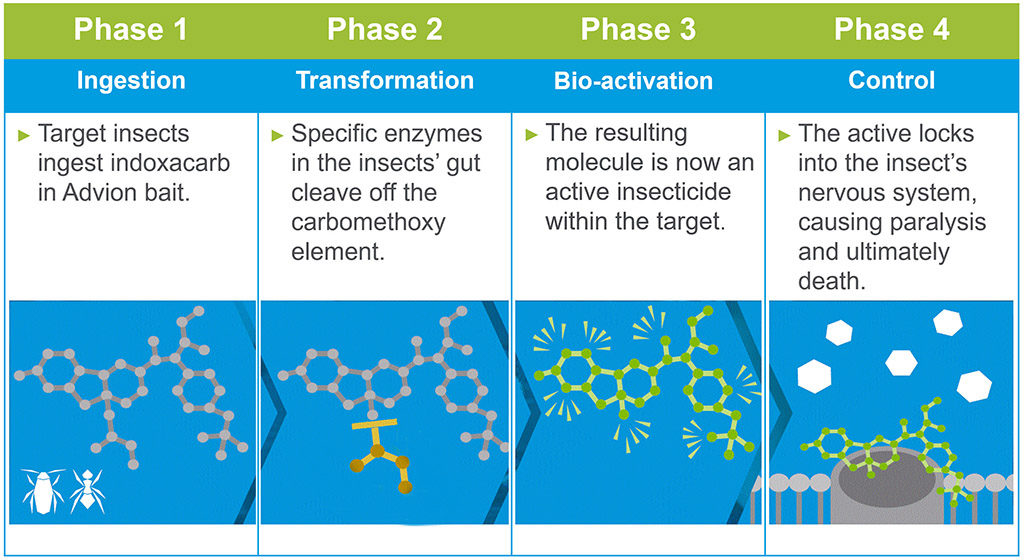
“That is especially important in many situations, where Advion is not toxic to non-target organisms, such as humans or pets. Best practice would always seek to avoid contact or ingestion by non-targets, but it does provide a useful further tier of safety for customers.”
Since pharaoh ants prefer warm environments, Advion Ant is designed to stay in liquid form and highly palatable to ants for longer. The formulation is designed to be attractive to sweet feeder and protein preferring ant species.
“Using pre-prepared bait stations, as in Outcast Ant, can keep the gel fresh and give very prolonged efficacy on general ant species, although Ashley’s experience shows pharaoh ants often prefer open accessible bait points placed along feed trails,” he added.
Infestations of pharaoh ants always pose a particular challenge. The six to eight week life-cycle only kicks in when temperatures reach 18⁰C to start breeding, but will be most rapid at temperatures of 30⁰C. Since the species doesn’t swarm, but is self-contained with multiple queens and males, there is always the risk that colonies will bud off and spread.
Sean added: “Where ants can be encouraged to feed from bait points, using Advion Ant gel to ensure the attractive bait gets right into the colony gives a good opportunity to get them in control.”
Helliar Pest Control information
Ashley Helliar has over 10 years experience within the pest control sector. He holds the RSPH level 2 qualification in Pest Management and his wealth of knowledge and experience has proved invaluable to all customers. The company has technicians operating throughout Somerset and Dorset, dealing with diverse markets in the public and private sector, covering urban, industrial and agricultural situations.

